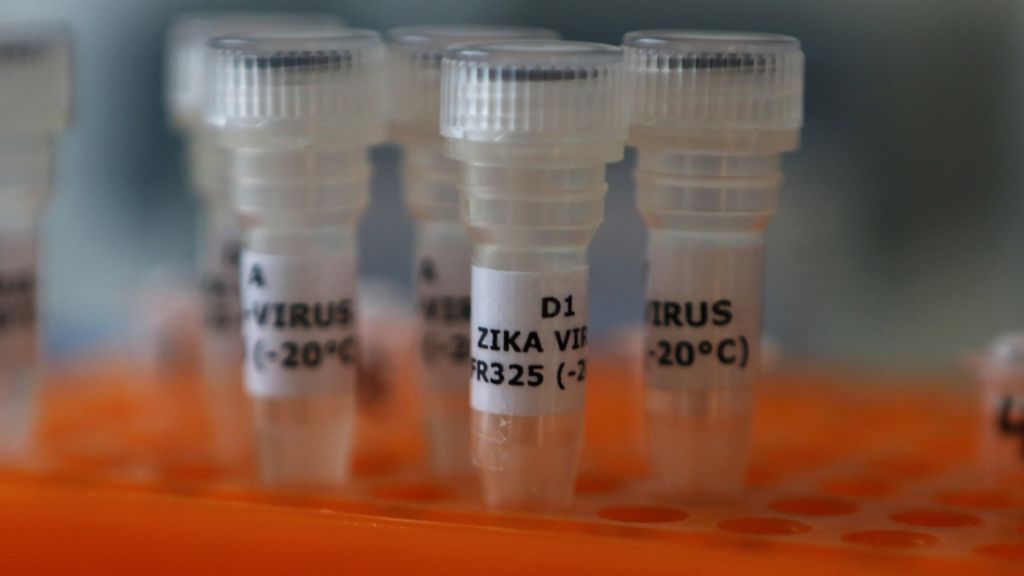The World Health Organization’s chief said Tuesday that the agency is increasingly worried about the Zika virus but stopped short of recommending the cancellation or the postponement of the Rio de Janeiro Summer Olympics.
In a briefing Tuesday in Geneva, Dr. Margaret Chan said: “The more we learn about Zika, the more worried we get about it.”
Chan noted that although Zika has been around for decades, it is only recently that the virus has been proven to cause severe problems.
For pregnant women, Zika can cause a serious birth defect called microcephaly and other severe fetal brain defects, as well as eye problems, hearing deficits and impaired growth
Zika is commonly spread by mosquitoes and can also be contracted through sexual contact.
In February, WHO declared the explosive outbreak to be a global health emergency. Zika has now spread to nearly 60 countries.
Chan then announced that Brazil is doing a good job tackling the Zika virus and ensuring that the Olympic games it will host on Aug. 5-21 will be safe for athletes and visitors.
Some experts have called for this year’s Olympics to be moved or delayed to prevent the avoidable birth of brain-damaged babies.
The Australian Olympic Committee announced on Monday that Australian athletes at the Olympics will be supplied with condoms which manufacturers say will offer “near complete” antiviral protection against Zika.
Other countries are taking precautions ahead of the games, including the United States, which sends the biggest delegation to the Olympics.
The U.S. Olympic Committee has formed a committee that will establish best practice and information for athletes and officials traveling to Brazil.
Capt. Martin S. Cetron from the Centers for Disease Control, is on the panel.
There is no treatment or vaccine for Zika infection. Companies and scientists are racing to develop a safe and effective vaccine, but the WHO had said it would take at least 18 months to start large-scale clinical trials of potential preventative shots.
